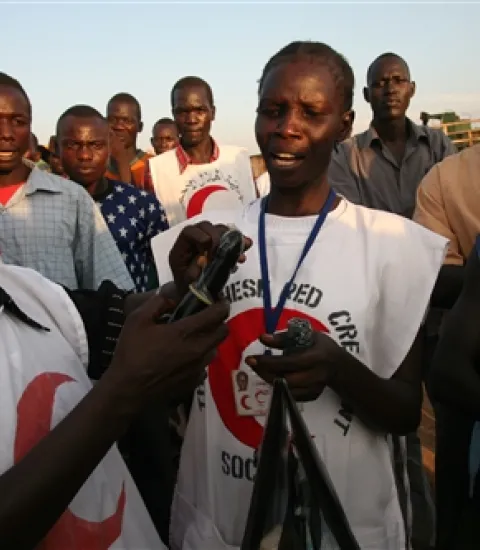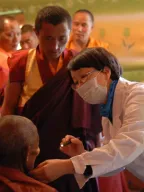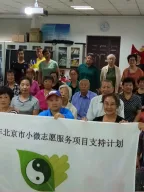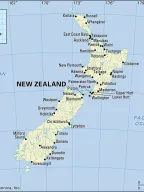
Community volunteers strengthen rural health resilience in Sudan
Sudan ranks 168th on the Human Development Index, with much of its population suffering from food insecurity, inadequate health services, low literacy, low access to clean water and adequate sanitary conditions. Through the NCHVP the Sudanese Red Crescent Society promoted volunteering as a strategy to make meaningful contribution to improving the health and wellbeing of vulnerable people and to strengthen the resilience of communities. By operating in remote areas, the Program supported populations with low levels of education, limited access to clean water, and living far from health care facilities. By engaging members of the community as volunteers, the Program was able to gain the trust of communities and reach community members that might find it difficult to access public healthcare. As a result, the NCHVP volunteers have been able to contribute to transforming negative cultural practices, such as female genital mutilation (FGM). Because the intervention was resource-light and sustainable, the practices of the Program have continued after the initial investment in human resources and technical support. Following its completion, the Sudanese Ministry of Education has also adopted some of the innovations of the NCHVP in its approaches to providing healthcare.
A key success factor for the project was that volunteers were encouraged to establish strong relationships with local public health facilities. Healthcare workers supported and guided NCHVP volunteers while the volunteers participated in government activities and local governance committees, regularly updating local authorities with their plans. As a result of this strong cooperation, NCHVP volunteers supported the Sudanese Ministry of Health in Tuberculosis detection in El Geizira and North Kordofan, controlling Malaria in Sennar and El Geizira, and in addressing malnutrition in North Kordofan and El Gedaref.








